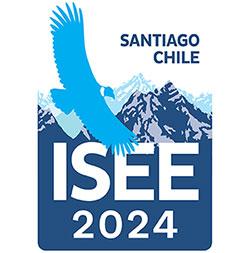Workshop 1 (Full Day – English)
Basic Understanding of Risk Assessment and its Application in Everyday Environmental Challenges.
Course Faculty: Mohamed A. Ghorab (United States), TBA
Time: 09.00 – 13.00 & 14.00-18:00
Target Audience: The course is appropriate for a broad array of graduate students, post-doctoral fellows, scientists and risk managers across various national, international, state governments, industry, academia, and consultant organizations. No previous risk assessment experience is required.
About This Workshop:
Risk assessment identifies and analyzes potential hazards in a specific environment, activity, or substance. Risk assessment involves a systematic and objective evaluation of factors that may affect the likelihood and severity of harm, such as the hazard’s nature, exposure, and vulnerability of individuals or populations. Risk assessment can help individuals and organizations reduce or mitigate risks. Risk Assessment integrates and coordinates scientific information to support regulatory decision-making for various international programs. Risk assessment is used by the EPA and other regulatory agencies to characterize the health risks to humans (e.g., residents, workers, recreational visitors) and ecological receptors (e.g., birds, fish, wildlife) from environmental chemical contaminants and other stressors. The course will provide hands-on training for understanding the fundamentals of risk assessment. In addition, participants will work on real-world environmental challenges and be able to apply risk assessment procedures to assess the risk and make appropriate recommendations to risk managers. In addition, This course will provide participants with:
- An introduction to the fundamental concepts and terminology used in risk assessment (e.g., human health, ecological, and microbial risk assessements).
- Information on how the risk assessment process is related to, and informs risk management policies.
- Knowledge about the specific legal and regulatory underpinnings of the federal risk assessment paradigm, especially as they relate to the U.S. EPA and other federal agencies such as FDA and USDA.
- An understanding of available human health and ecological toxicity values developed by the Federal government, state governments, and national and international associations.
- In-depth knowledge about the fundamental components of a human health, ecological and microbial risk assessment.
- An understanding of the basic components of dose-response assessment.
- Specialized training about how to apply scientific risk assessment to address problems affecting air, water and food resources.
